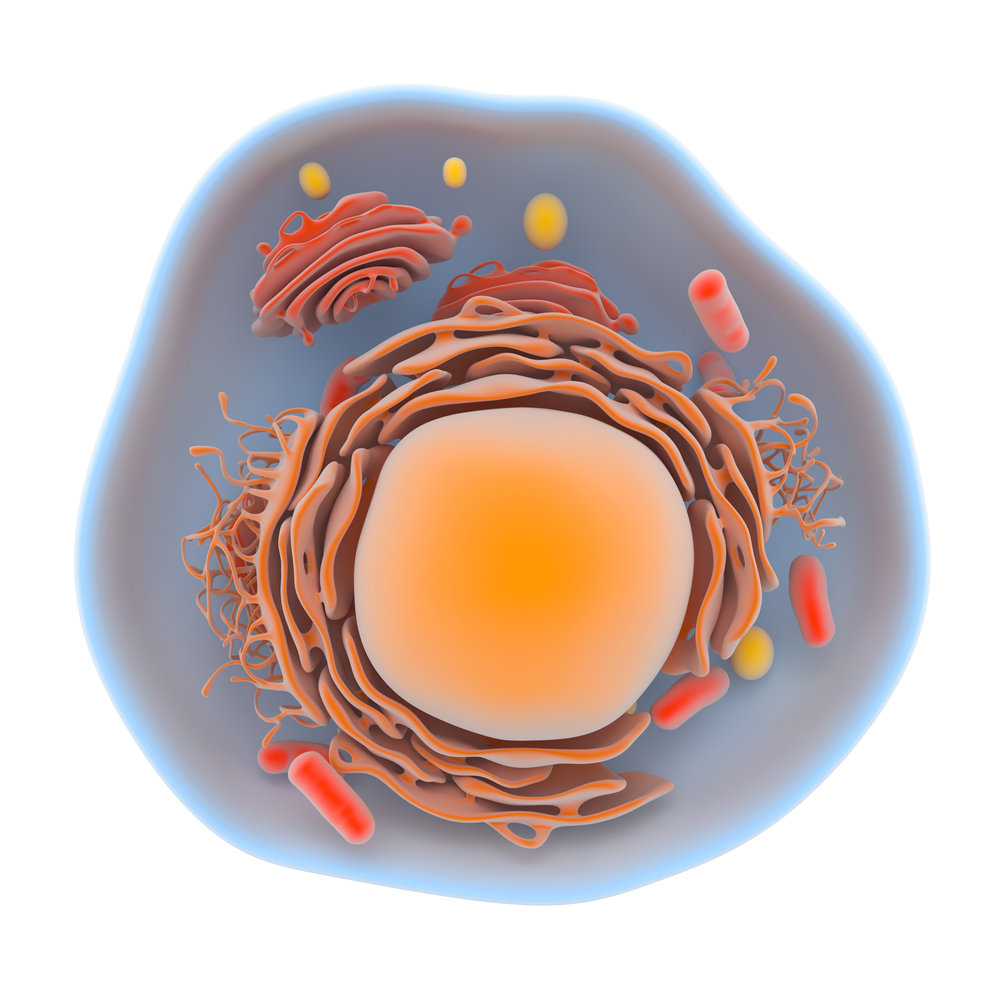Dysfunctional Mitochondria Found to Be Associated with Low Motile Sperm

In a new study entitled “Defective Human Sperm Cells Are Associated with Mitochondrial Dysfunction and Oxidant Production” researchers investigated if dysfunctional mitochondria were associated with defective sperm, thereby contributing to male infertility. The team’s findings suggest that indeed, low motile sperm is associated with defective mitochondria and that treatments aimed at improving mitochondria function are a potential strategy to treat male infertility. The study was published in the journal Biology of Reproduction.
Infertility affects approximately 15% of all sexually active couples in their reproductive age, with male infertility accounting for half of the cases. The underlying causes responsible for a defective sperm production are often unknown, however, high levels of reactive oxygen species have been associated with loss of sperm fertilizing potential. Mitochondria, the organelles responsible for generating the energy that cells need to work (and therefore known as the powerhouses of the cells), are the most likely main sources of reactive oxygen species production. While mitochondria dysfunction has been associated with several diseases, including diabetes, Parkinson’s disease, Alzheimer’s disease and heart failure, how it affects sperm quality is currently unknown.
Here, authors investigated mitochondrial function, reactive oxygen species production, and both oxidative and nitrative stress processes in intact human sperm cells. The team discovered a positive correlation between kinetic and motility function with the respiratory function of sperm mitochondria, measured by high-resolution respirometry (HRR).
RELATED: Mitochondria and the Many Disorders That Compose “Mitochondrial Disease”
Authors found that healthy and motile sperm have a better functional status of their mitochondria, including an increased respiratory activity and production of ATP (short for adenosine triphosphate, the energy-bearing molecule found in all living cells). The team also discovered that the samples with lower percentage of motile sperm had higher levels of nitro-oxidative protein modifications when compared to samples with larger numbers of motile sperm. Researchers performed further studies and found that when exposed to nitric oxide, sperm mitochondria generate peroxynitrite, which was found to be associated with a decrease in sperm motility.
Hence, the authors highlight that their study suggests that dysfunctional mitochondria may contribute to male infertility (probably because healthy mitochondria are required for accurate sperm motility patterns and to regulate the production of reactive oxygen species), and that therapeutics targeting and enhancing mitochondria function in sperm may potentially treat male infertility.






